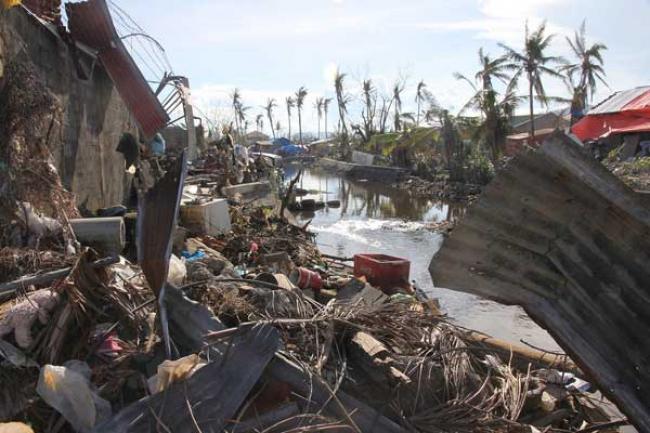31 Oct 2014, 06:24 am Print

The Expert Group on Disaster-related Statistics in Asia and the Pacific met for the first time from 27 to 29 October in Sendai, Japan, in a conference led by the UN Economic and Social Commission for Asia (ESCAP), the Tohoku University and the UN Development Programme (UNDP), in collaboration with the Government of Japan and the UN Office for Disaster Risk Reduction (UNISDR).
Speaking at the opening of the conference, Kilaparti Ramakrishna, Director of ESCAP’s East and North-East Asia Office (ESCAP-ENEA), underscored the significance of the group’s first meeting.
“With climate change, the frequency and severity of extreme weather events are expected to rise,” he said.
“This means, there is a tremendous need for better disaster risk management for society and the environment,” he added.
The Expert Group, which was established earlier this year by governments of the Asia-Pacific region, noted that a set of common standards will enable more precise risk assessment across the region and help governments in evidence-based policymaking which provides targeted support and infrastructure to manage disaster risks.
Almost, 1.2 million people in Asia and the Pacific have lost their lives to disasters during the past three decades, and efforts to manage disaster risks in the region – as well as in the rest of the world – have been hampered by a lack of timely, reliable and comparable statistics, mainly due to the absence of common standards, the group stressed.
“The success of the post-2015 sustainable development agenda highly depends on disaster risk reduction,” emphasized Shamika Sirimanne, Director of ESCAP’s Information and Communications Technology and Disaster Risk Reduction Division, who also spoke at the meeting.
Aftermath of Typhoon Haiyan in Tacloban, Philippines, 6 December 2013. Photo: OCHA/Gemma Cortes
- US official reacts to Elon Musk's remarks backing India's permanent UNSC seat
- Sri Lanka: 6.2 magnitude earthquake hits Island Nation, no casualty
- UN chief hails SE Asia for vital role ‘building bridges of understanding’
- India-Uzbekistan Synergy at the SCO
- Kazakhstan to host Astana International Forum in June to address key global challenges






